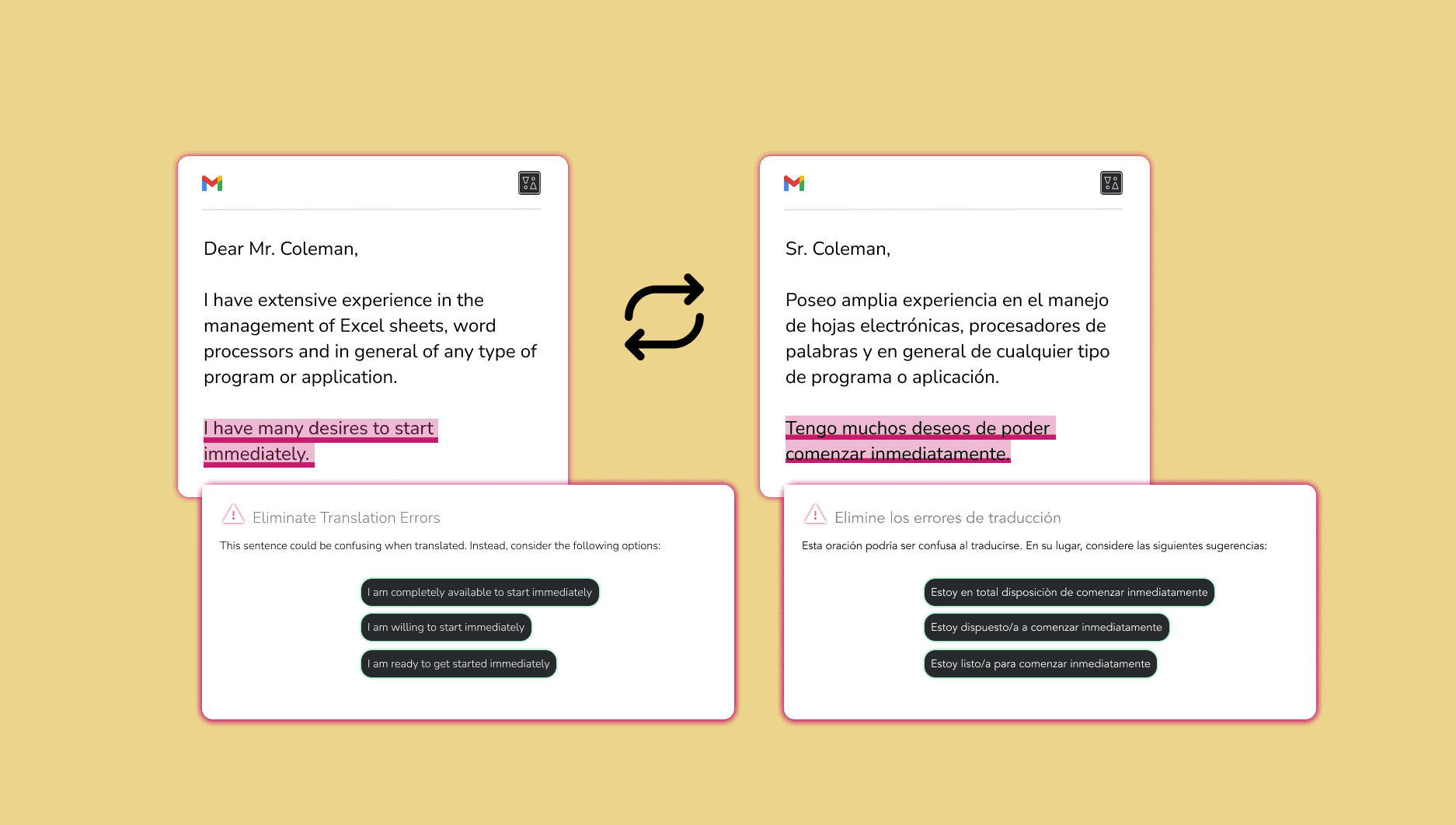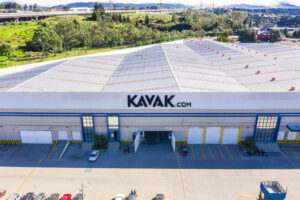
Por Daniela Dib
February 17, 2022
Lacking good English language skills is one of the biggest barriers to better financial opportunities in the U.S., says Belinda Mo, co-founder and CEO of Viva Translate. “Applying for a job is very difficult for non-native English speakers. My parents struggled a lot with that”, she told Contxto.
Born in China, Mo’s parents were well-prepared for the good-paying jobs they wanted to pursue once they moved to the U.S. However, they were often stopped short of getting them because of their broken English.
“If a job itself doesn’t require English but is based on the employee’s technical skills, then their limited language skills should not be a hurdle,” Mo says. But it often is. Working with legal aid organizations while studying at Stanford, she saw plenty of people facing this challenge – most of them from Hispanic or Latino backgrounds.
That’s when Mo and her co-founder Tony Hua came up with the idea for Viva Translate. The startup is an AI-based tool that takes the original text in Spanish and makes it better-sounding in English. “Using Viva, the text has an appropriate tone of voice, is more confident, unapologetic and facilitates the conversation,” she describes.
By using this tool, Mo says that non-English speaking professionals are able to discover, secure and work at remote jobs. It’s an appealing scenario that Viva wants to offer. It is aimed specifically at the Spanish-speaking population of working age in Latin America.
Viva Translate wants to bridge the gap between the worker shortage in the U.S. and the hugely skilled talent pool outside of the country. About 80% of the world’s workforce does not speak English as a first language, and Latin America, with its young population and booming tech scene, is becoming a massive pipeline for skilled workers willing and able to work remotely for U.S. dollars.
“The job market is now global and, with technology, language doesn’t have to be a barrier for filling positions with qualified employees,” says Mo.
Viva Translate provides that type of technology. The company’s main product is basically an improved mix between Grammarly and Google Translate. It offers a browser extension that can be accessed on different sites such as Gmail, WhatsApp Web, Fiverr or Upwork, which are all digital tools frequently used by freelancers that do work related to data entry, virtual assistance, graphic design or creative projects.
Its AI-powered natural language programming (NLP) product translates written Spanish communications into English as the user is writing. Besides being sensitive enough to local and cultural nuances, Mo states that the tool also suggests grammatical and industry-specific improvements.
The tool is a promising resource for Spanish-speaking professionals. Mo mentions that Viva Translate is currently running on beta and has a 100,000+ waitlist.
Investors are already backing up this startup. Viva has raised a US$4 million seed round from investors like General Catalyst, Chris Manning and Richard Socher from AIX Ventures, Fellows Fund, Hyphen Capital and First Check Ventures, as well as executives from Microsoft, Meta, Rappi and PayClip.
The funds will be used to build up Viva’s engineering and other internal teams. Mo and Hua expect to officially launch it to the general public later this year.
You might also be interested in: The Latin American Companies That Belong to Y Combinator’s W22 batch

Por Yanin Alfaro
February 17, 2026

Por Israel Pantaleón
February 17, 2026

Por Stiven Cartagena
February 13, 2026